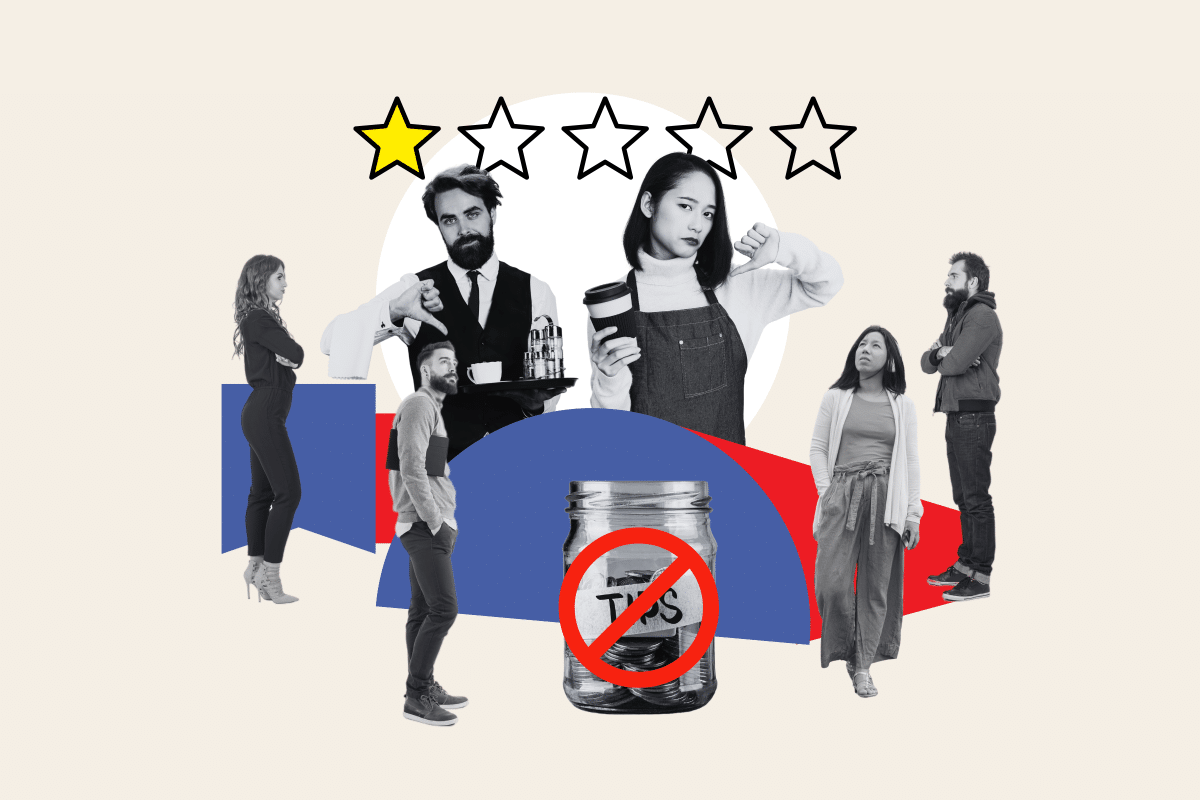A new survey has revealed that Generation Z are most likely to leave an establishment without tipping when faced with poor service, challenging long-held gratuity norms in the U.S.
The survey conducted by Talker Research from September 20 to 23, 2024, asked 1,000 Americans across different generations about their tipping habits and opinions on service worker wages.
They found that 74 percent of Generation Z respondents, aged 18-27, admitted to walking out without tipping due to unsatisfactory service, the highest percentage among all age groups. This compares to 55 percent of millennials, 57 percent of Generation X, and 46 percent of baby boomers.
Across the U.S., people are tipping less and less. In the second quarter of 2024 the average sit-down restaurant tips went down to 19.3 percent from 19.4 percent in the first quarter, while quick service tips were down to 15.9 percent from 16 percent in the same time period.
This shift in behavior may reflect growing discontent with tipping culture, a topic that has become increasingly debated in recent years. Nick Leighton, an etiquette expert and host of the popular podcast Were You Raised by Wolves?, commented on the tipping fatigue that many consumers are experiencing today.
Leighton told Newsweek: “We’re now faced with tipping request screens everywhere, even in the most unlikely of places. Gas station self-service pumps? Online clothing stores? So it’s no wonder that tipping fatigue is real and people are throwing their hands up.”

A Newsweek collage of dissatisfied looking service staff and customers and a tip jar. A new survey has found that Gen Z are leading the fight against tipping norms in the service industry.
Photo-illustration by Newsweek/Getty
It is arguably little surprise that the younger generation are most likely to refuse a tip when service isn’t up to standard. Last year, another survey found that Gen Z have the worst tipping habits, with only 35 percent saying they always tip at a sit-down restaurant.
Leighton said that while tipping in some instances, like at sit-down restaurants, is still generally obligatory, consumers are questioning more instances.
“It would be great if we, as a society, had a serious conversation about the compensation system in the United States and whether or not tipping is really the best and fairest approach or if we need something entirely new,” he said.
Beyond tipping habits, the survey also revealed strong generational support for shifting away from tips as the primary means of compensating service workers. Of all respondents, 79 percent, including Generation Z, believed service workers should be paid a higher wage instead of relying on tips. Only 10 percent favored the current tipping system, while the remaining 11 percent said they were unsure.
This random double-opt-in survey was conducted by market research company Talker Research, whose team members are part of the Market Research Society and the European Society for Opinion and Marketing Research.









